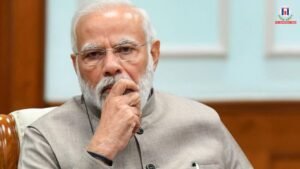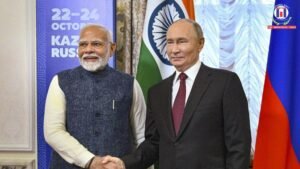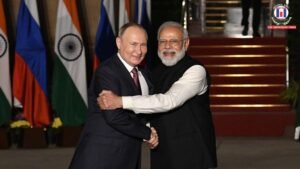
US President Donald Trump has signed an executive order mandating sweeping changes to the US election process. The order requires all voter registrations to include documentary proof of citizenship and mandates that all ballots be received by election day. The move is aimed at tightening election security and addressing concerns about potential fraud and irregularities in the voting process.
The executive order emphasizes that the United States has not adequately enforced essential election safeguards and urges state governments to work closely with federal agencies. It calls for increased collaboration between state election offices and federal authorities to share voter registration lists and prosecute cases of election fraud. The order also includes provisions that threaten cuts to federal funding for states that fail to comply with the new regulations.
This decision aligns with Trump’s longstanding claims of widespread election fraud, particularly concerning mail-in voting, which he has repeatedly criticized as prone to manipulation. Supporters of the order, including many Republican lawmakers, argue that these measures are necessary to restore public confidence in the integrity of US elections. They contend that requiring proof of citizenship will prevent non-citizens from voting and eliminate potential vulnerabilities in voter registration systems.
However, the order has sparked significant controversy and opposition, particularly from Democratic lawmakers and civil rights organizations. Critics argue that requiring documentary proof of citizenship could disenfranchise millions of eligible voters, especially minorities, low-income individuals, and elderly citizens who may have difficulty accessing the required documents. Additionally, legal challenges are expected, with opponents claiming that the order undermines voting rights and exceeds the president’s executive authority.
Election experts have also expressed concerns about logistical challenges in implementing these new measures before the next election cycle. Some states may struggle to update their voter registration systems and verify citizenship documents in a timely manner. Moreover, the mandate that all ballots be received by election day could disproportionately impact voters who rely on mail-in voting, including military personnel and citizens living overseas.
In response to the order, several Democratic-led states have vowed to challenge the new requirements in court, arguing that they violate constitutional protections and established voting rights laws. The battle over the executive order is likely to intensify in the coming months, with implications for the future of election laws and voter access in the United States.
As the debate unfolds, the impact of these changes on the 2026 midterm elections and the 2028 presidential race remains uncertain.
















No Comments: